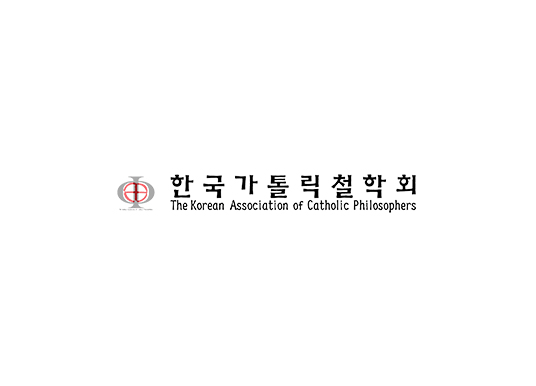비판적 사고를 통한 인성교육
Personality Education Through Critical Thinking
김진아
충북대학교
가톨릭철학
2024, vol., no.43, pp. 67-91 (25 pages)
한국가톨릭철학회
1. 들어가며: 비판적 사고를 통한 인성교육의 필요성
2. 비판적 사고의 방법과 특성
3. 비판적 사고 교육과 인성교육: 학생 참여형 토론수업을 중심으로
4. 나오며: 비판적 사고를 통한 인성교육에서 전인교육으로
초록
이 논문은 입시 위주의 교육환경에서 제공되지 못한 전인교육의 필요성을 문제의식으로 출발하였다. 이러한 문제의식을 바탕으로 이 논문에서는 다르게 사유할 수 있는 비판적 사고(critical thinking) 역량을 배양하고, 타인을 배려하고 협력할 수 있는 필리아(philia) 덕목을 함양하는 토론수업을 제안한다. 논의를 통해대학의 기초교양수업에서 신입생들에게 전인교육을 향한 인성교육의 제공이 필요함을 제시한다. 논문의 핵심 논점 3가지는 다음과 같다. 첫째, 비판적 사고 교육과 연계된 인성교육의 필요성을논의한다. 둘째, 동료와의 협력학습을 통한 토론수업의 의미를 고찰한다. 셋째, 신입생 대상으로 실시되는 필수교양 교과목에서 인성교육의 시의성을 확인한다. 이 논문은 청소년기와 청년기의 전환기인 신입생들에게 비판적 사고를 통한 인성교육이 효과적일수 있음을 주장한다. 이 글은 비판적 사고 교육과 인성교육의 연관관계를 밝힌 뒤, 비판적 사고를 통한 인성교육은 어떻게 가능한지 탐색하며 학생들이 비판적 사고를 직접 수행하고 적용할 수있도록 하는 수업방식을 고찰한다. 이 논문은 비판적 사고 교육에 있어 논리적 사고에만 중점을 두었던 기존 방식에서 한 걸음나아가 전인교육을 추구하는 인성교육의 가능성을 토론수업이라는 구체적 방식을 통해 모색해 본다.
This study began by raising problematic consciousness about the need for whole-person education, which has not been provided in the educational environment focused on college entrance examinations. Based on this problematic consciousness, the study proposes debate lessons to cultivate the critical thinking capability for different ways of thinking and to foster the virtue of philia for considering and working with others. Through its discussions, the study raises a need to provide freshmen with personality education for whole-person education in basic liberal arts lessons on campus. The three core points of the study are as follows: first, the study discusses the need for personality education connected with education on critical thinking; second, the study examines the meanings of discussion class through collaborative learning with fellow students; and third, the study verifies the timeliness of personality education in the required liberal arts subjects for freshmen. The study argues that personality education through critical thinking can be effective for freshmen at a turning point from adolescence to young adulthood. After shedding light on connections between critical thinking education and personality education, the present paperinvestigates how personality education through critical thinking can be possible and examines instructional methods to allow students to do and apply critical thinking themselves. Taking a step further from the old style that focused only on logical thinking in critical thinking education, the study explores the possibilities of personality education in pursuit of whole-person education through a specific approach called discussion class.

